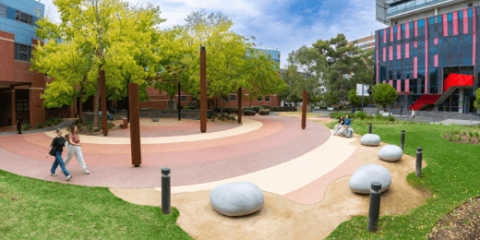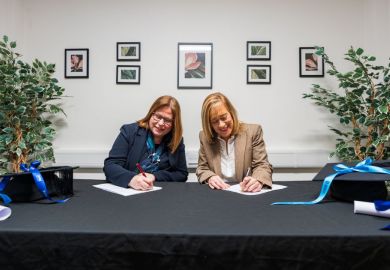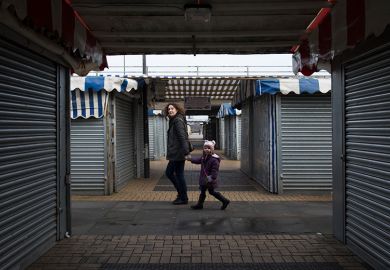Blindsided by an election result that torpedoed hopes of an overnight funding injection, Australia’s universities are now struggling with the uncertainty of two unfinished reforms.
The federal government is yet to release final details of a reshuffle of subsidies for postgraduate and sub-bachelor’s places, as well as the performance measures it will use to guide limited growth in teaching grants.
The funding under question is enough to support about 4,300 full-time student places next year across Australia’s 38 public universities. The uncertainty on this front adds to the confusion that had been caused by the lack of clarity over whether the cap on domestic undergraduate places – imposed by the Coalition government in late 2017 – would be removed following an anticipated change in government.
Many Australian universities have maintained enrolment growth, teaching some of their students at a loss in the hope that uncapped funding would be reintroduced. With those expectations dashed after the Coalition retained power in the May election, universities now face the additional complication of not knowing how many subsidies they can count on.
Andrew Norton, higher education programme director at the Grattan Institute, said that while the money involved was not “massive”, universities could be forced to start “scaling down” soon.
“The uncertainty would be a major issue,” he said. “It affects what courses they list for availability next year and in some cases it might [dictate whether they] run a course or not.”
The government has consulted the sector about both reforms, with a report advising on the performance funding scheme – from a review panel headed by University of Wollongong vice-chancellor Paul Wellings – handed to education minister Dan Tehan on 30 June.
An education department spokesperson said Mr Tehan would respond to the report and release it publicly “in due course”, with universities appraised of the details in “sufficient time to plan and prepare for 2020”.
While there will be no summary report on the reallocation of postgraduate and sub-bachelor’s places, the department said the process and criteria were expected to be finalised “in the coming weeks”, with universities informed promptly.
But administrators say time is already running short. And they fear unforeseen effects of the reforms, particularly in the years ahead as the performance-contingent component of their funding mounts and a spike in the youth population increases demand for places.
Mr Norton said diploma courses, for example, could be an inadvertent casualty of the reallocation of sub-bachelor’s subsidies. He highlighted a proposal to confine funding to diplomas that were closely linked to industry needs, and where every subject earned credit in related degrees.
“My view is these criteria are very misguided,” he said. “Virtually every single current diploma course would be ineligible.”
Swinburne University deputy vice-chancellor Duncan Bentley said the lack of subsidised places at all educational levels undermined the sector’s flexibility to meet community needs.
He cited burgeoning demand triggered by Australia’s new National Disability Insurance Scheme, with relatively low-paid jobs often requiring postgraduate credentials. “There isn’t a return on investment for students to pay full master’s fees,” he said.
UNSW Sydney deputy vice-chancellor Merlin Crossley said he was optimistic that the government – “like many conservative governments before it” – would invest in universities. He said he understood the rationale for the reforms, but added that he was “worried about unintended consequences that could play out in the longer term if the details are not right”.
Register to continue
Why register?
- Registration is free and only takes a moment
- Once registered, you can read 3 articles a month
- Sign up for our newsletter
Subscribe
Or subscribe for unlimited access to:
- Unlimited access to news, views, insights & reviews
- Digital editions
- Digital access to THE’s university and college rankings analysis
Already registered or a current subscriber?












